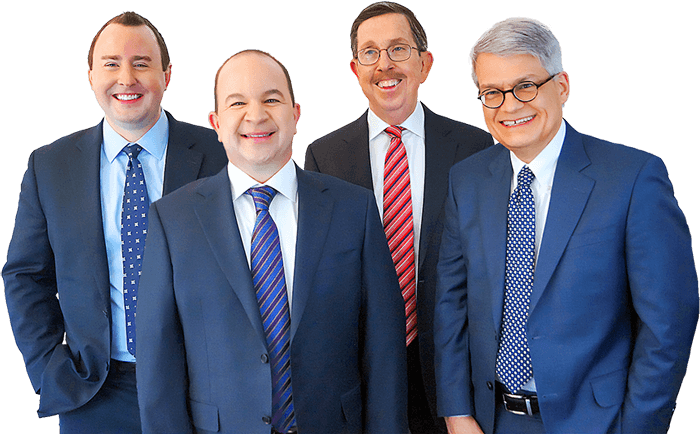Were You or Someone You Know Sexually Abused as a Child?
No amount of compensation can undo what has happened. But filing a civil suit against a sexual abuser can help you achieve justice. You may not have felt vindicated by the criminal case — if there was one — but you can still hold the abuser accountable in civil court.
As one of the first firms in the United States to hold the Catholic Church accountable for abuse of children,Tremont Sheldon P.C.. has represented over 180 victims of childhood sexual abuse since 1993. Our cases have resulted in recovering over $70 million for our clients.
Powerful Advocates for the Survivors of Sexual Abuse
In our years of pursuing justice for abuse survivors, our lawyers have not hesitated to take on the most powerful people, institutions and organizations.
Our firm fights for sexual abuse victims, and continues to represent victims abused as minors by:
- Teachers, teacher aides, bus drivers, extracurricular club directors, coaches;
- Any adult in authority at public, private and parochial schools throughout the state of Connecticut;
- Clergy or nuns or other affiliates at religious institutions;
- Doctors and medical professionals such as EMTs and nursing aides at hospitals, medical facilities, rehabilitation centers;
- Camp counselors at after-school, day, and sleepaway camps such as the YMCA, theater camps, Boys & Girls Club;
- And anyone else in a position of authority with a child
In certain situations, we are able to pursue cases against private citizens with no school or institution affiliation such as a relative or neighbor.
Sexual assault is also common among young adults on college campuses, where the institutions often look the other way when accusations surface or the victim is embarrassed or confused by what happened. If you’re concerned about who will be held responsible, rest assured that our attorneys will handle all aspects of your case. We help victims hold their attacker and the institution responsible.
We handle your case with compassion, confidentiality, and care while we hold the perpetrator and the institutions they work for accountable.
The Statute of Limitations
Under Connecticut law, any person who claims damages as a result of being molested, sexually abused, sexually assaulted or sexually exploited as a minor has until 30 years past the age of majority (typically until age 48) in which to file a claim in court (CGS § 52-577d). Those who are abused after October 1, 2019 have until they turn 51 years of age to bring a claim (PA 19-16). In civil cases, “[t]here is no limitation on bringing a personal injury action to recover damages caused by sexual assault when the offender has been convicted of 1st degree sexual assault or 1st degree aggravated sexual assault for it (CGS § 52-577e).”
Even if you are over the age limit, it is important to speak with an attorney at our office because there are exceptions to the law that increase the amount of time you have to file a claim.
Civil Suits vs. Criminal Cases
Though a civil suit and criminal case are different actions, they can both be brought against an abuser. A criminal case determines whether the defendant is guilty and there is potential for jail time. On the other hand, a civil suit determines if the defendant was negligent and owes the victim damages. It is possible for a civil suit to lead to criminal charges, as we have seen in our practice.
Do You Think You May Have a Claim for Sexual Abuse Damages? Call Now.
At Tremont Sheldon P.C. we have made it our mission to help victims of sexual abuse recover personal injury damages for their pain and suffering. If you or someone you love has suffered from sexual abuse, call us today at 203-212-9075 or reach out through our online form. We offer free, initial consultations so that we can better understand the facts of your case, answer any questions you may have and tell you more about how we can help you recover monetary damages for your injuries.

